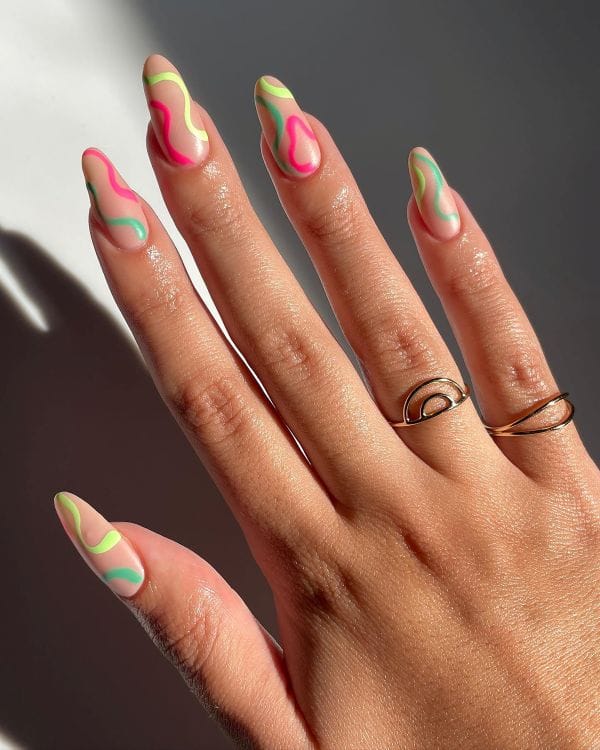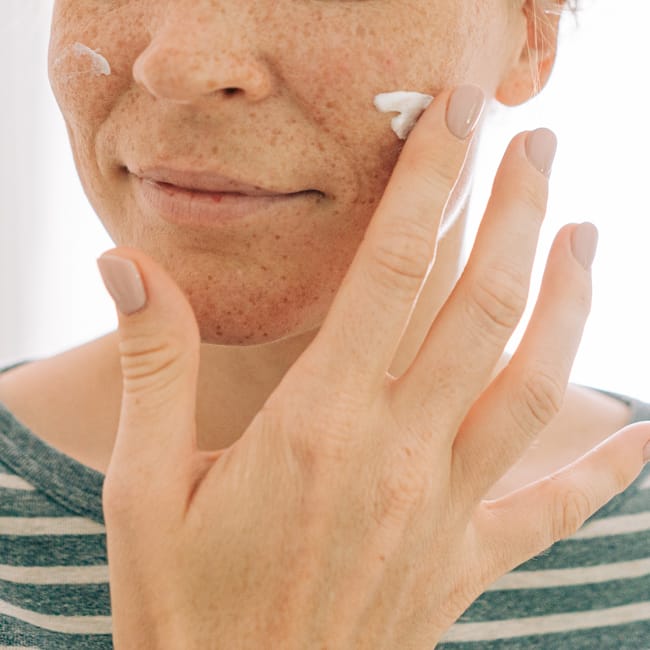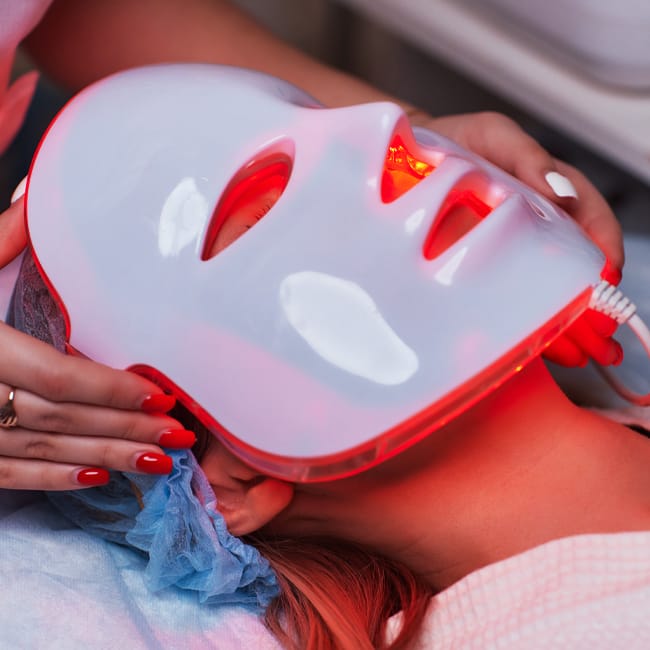Having an uneven or discolored skin tone is more common than you might think, but luckily, there are ways to even it out and make discoloration disappear over time. We reached out to dermatologists and skincare experts to learn more about how skin discoloration happens, and which products and treatments can help heal and prevent this. Read on for tips, suggestions and insight from Dr. Elaine F. Kung, M.D., FAAD, founder of Future Bright Dermatology, and Dr. Enrizza Factor, MD, dermatologist and researcher at My Vitiligo Team.


First Off, How Does Skin Discoloration Occur?
Lying in the sun without sunscreen, the aftermath of cystic acne or hitting the tanning bed often can all result in skin discoloration, or an uneven tone. Discoloration, as Factor says, or post-inflammatory hyperpigmentation or hypopigmentation can be the result of "rashes or acne," In many cases, she says "treatment is needed to help control the discoloration or help it to fade." (Which we will get into below!) The first treatment option is to visit your local dermatologist and use recommended skincare products, which Kung and Factor will detail:

Essential Product #1— Sunscreen
You may have heard this advice before, but Kung notes that it is worth repeating— sunscreen is an essential skincare product to apply to your face and neck every morning (despite the season, and even if you stay indoors!) If your goal is to even your skin tone, she says that this is especially important, as "there is no improvement in skin discoloration without rigorous and regular use of sun protection." Kung explains that sunscreens are "now formulated with antioxidants such as niacinamide, vitamin C, and vitamin E," that can be used as part of discoloration treatment. Also, UV rays will just "keep on stimulating melanin production," despite you using skincare to prevent it.

Important Skincare Ingredients To Look Out For
Kung also suggests only using skincare products that contain "antioxidants and tyrosinase kinase inhibitors." She recommends this a "product that contains a number of antioxidants and tyrosinase kinase inhibitors regularly," because she believes in "using a singular product that may contain multiple ingredients instead of layering multi-products that were not studied or formulated by skincare chemists."

This, she continues, is because "some skincare ingredients may inactivate each other." Various skincare ingredients that have been scientifically and clinically studied to help with discoloration include but are not limited to the following: "ascorbic acid (vitamin C), azelaic acid, niacinamide, tranexamic acid, retinol (vitamin A derivative), retinol, and cysteamine," Kung points out.
Product #2— Urban Skin Rx Advanced Even Tone Day & Night Treatment
This product is one of Kung's recommendations because it "contains niacinamide, kojic acid, tranexamic acid, and bakuchiol (an alternative to Retinol)," and fits the ingredient requirements she detailed above.

Other Possible Treatments: Lasers, Chemical Peels and Creams
Different wavelengths can be emitted from laser light energy-based devices to help remove discoloration, Kung notes. For example, she says that "intense pulse light, Q-switch laser, or picosecond lasers can emit different wavelengths that the over-expressed melanin can absorb, causing selective destruction of the unwanted pigment." Many of Kung's patients, she says, have reported that "one session of a laser procedure is more effective" than years of applying pigment-correcting skincare. "I usually tell my patients to expect 20 to 30% reduction of unwanted discoloration per treatment," she advises. Kung agrees, and also recommends trying laser treatments, as they can "treat forms of skin discoloration by emitting light waves onto targeted pigmented areas, thereby fading the skin discoloration over time."
Factor also suggests chemical peels as a possible treatment for discoloration, as they "help remove the dark marks left after a spot or other forms of skin injury." She concludes that "Hydroquinone topical cream is the standard depigmentation of skin-lightening agent, and clinically it is used to treat skin discoloration." For more information, both Factor and Kung encourage anyone wanting to even out their skin tone to visit their dermatologist for personalized suggestions.


























